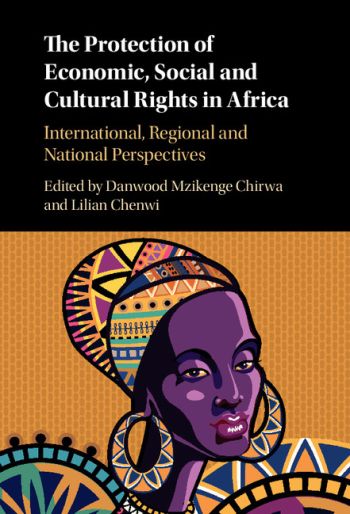
The Protection of Economic, Social and Cultural Rights in Africa critiques the three main models of constitutionally protecting economic, social and cultural rights in Africa - direct, indirect and hybrid models. It examines the choices that states have made, how the models have worked, whether they have been tested in litigation and the jurisprudence that has arisen.
The book analyses the protection of the economic, social and cultural rights in a range of African countries: Angola, Cameroon, Ethiopia, Ghana, Kenya, Mozambique, Nigeria, Senegal, South Africa and Uganda. Leading legal academics explore how these rights feature at the regional and sub-regional levels, as well as the link between domestic and international mechanisms of enforcement.